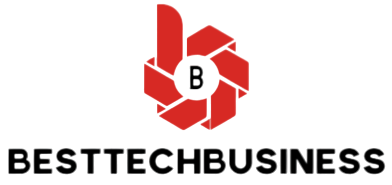
Starting a coding path can be an interesting and fulfilling adventure, but with the abundance of Programming Languages available, it can also feel taxing. Choosing the correct language is a crucial initial step that will affect your educational path and provide doors to fresh chances.
Why Start with a Beginner-Friendly Language?
Designed to be easily available with simple syntax and a conducive learning environment, beginner-friendly programming languages. These languages enable fresh programmers to concentrate on grasping basic ideas instead of battling difficult syntax. Beginning with an easy-to-learn language will help novices develop confidence and progressively investigate more complex technology.
Top Programming Languages for Beginners
Python
Because of its easy and understandable syntax, Python is sometimes praised as the finest language for novices. It is extensively applied in disciplines including data analysis, artificial intelligence, web development, and automation. For students, Python is a great choice because of its extensive collection of tools and encouraging community.
JavaScript
Anyone fascinated in web development must know JavaScript. It lets creators of interactive and dynamic web pages have freedom. JavaScript provides a smooth path from novice to intermediate levels with so many online lessons and frameworks.
Scratch
Designed especially for novices, Scratch teaches programming ideas via a graphic interface. Children and teachers especially like it since it emphasizes creativity and problem-solving via drag-and-drop blocks.
Ruby:
Ruby is another excellent choice for beginning programmers; she is known for her simplicity and grace. For novices, the language’s emphasis on efficiency and simplicity of use, as well as its supporting community, appeal.
Java
Although Java is said to be rather more difficult, its popularity in backend systems, Android development, and corporate apps makes it a great alternative for beginners. It presents students with a fundamental idea in software development—object-oriented programming.
Tips for Choosing the Right Language
Consider Your Goals:
Consider your goals and aspirations. Interest in data analysis, game creation, or web development? Your objectives can guide the optimal beginning place.
Research Resources:
Search for languages with lots of resources, guides, and community support.
Start Small:
Before spreading out into several languages, concentrate on learning one.
Learning to code is an odyssey of discovery, invention, and problem-solving. Starting with a Programming Languages that is beginner-friendly will help you succeed and simplify and increase enjoyment of the learning process. Recall that your chosen language is only a tool; what counts most is knowing the fundamental ideas of programming and how to apply them to practical issues.





